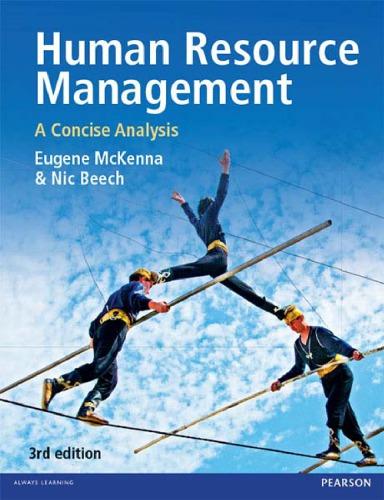1 What were the main symbols of the culture before and after the change? RWE, the Essen-...
Question:
1 What were the main symbols of the culture before and after the change? RWE, the Essen-
based power and water corporation (utility), is adapting to the forces of globalisation. Less than a decade ago the 100-
year-
old former Rheinisch-
Westfälisches Elektrizitätswerk was a stuffy industrial organisation of considerable size with interests as diverse as printing press manufacturing and telecommunications, and with a shareholder base dominated by Rhineland municipalities with multiple voting rights.
In 1998, after much discussion and negotiations, RWE abolished the municipalities’
multiple voting rights and over the next few years became a global player, growing at a fast pace by expensive international acquisitions. Among the companies acquired were Thames Water in the UK and American Water Works. In a short space of time, 50 per cent of income was generated abroad and 50 per cent of employees were working outside Germany. RWE became Europe’s third biggest listed utility, after German rival Aeon and Italy’s Enel. But the company grew too fast and debts soared. What was the company’s response to this serious situation? In 2002 the late Friedel Neuber, former Head of the state-
owned West LB Bank and then Chairman of RWE’s Supervisory Board, appointed a Dutchman, Harry Roels, as CEO. It was a rare example of a foreigner taking a top job at a big German group.
Roels, aged 56, a chemistry graduate, had spent 30 years working for Royal Dutch Shell.
Roels stated that ‘culture change’ would be one of his priorities at RWE, and he expected it to be ongoing for five years. He also said that to be ‘a truly international company you need a culture and leaders that are as international as its assets, and that is what we are working on’.
Step by Step Answer:

Human Resource Management A Concise Analysis
ISBN: 9780273694182
3rd Edition
Authors: Eugene McKenna, Nic Beech






